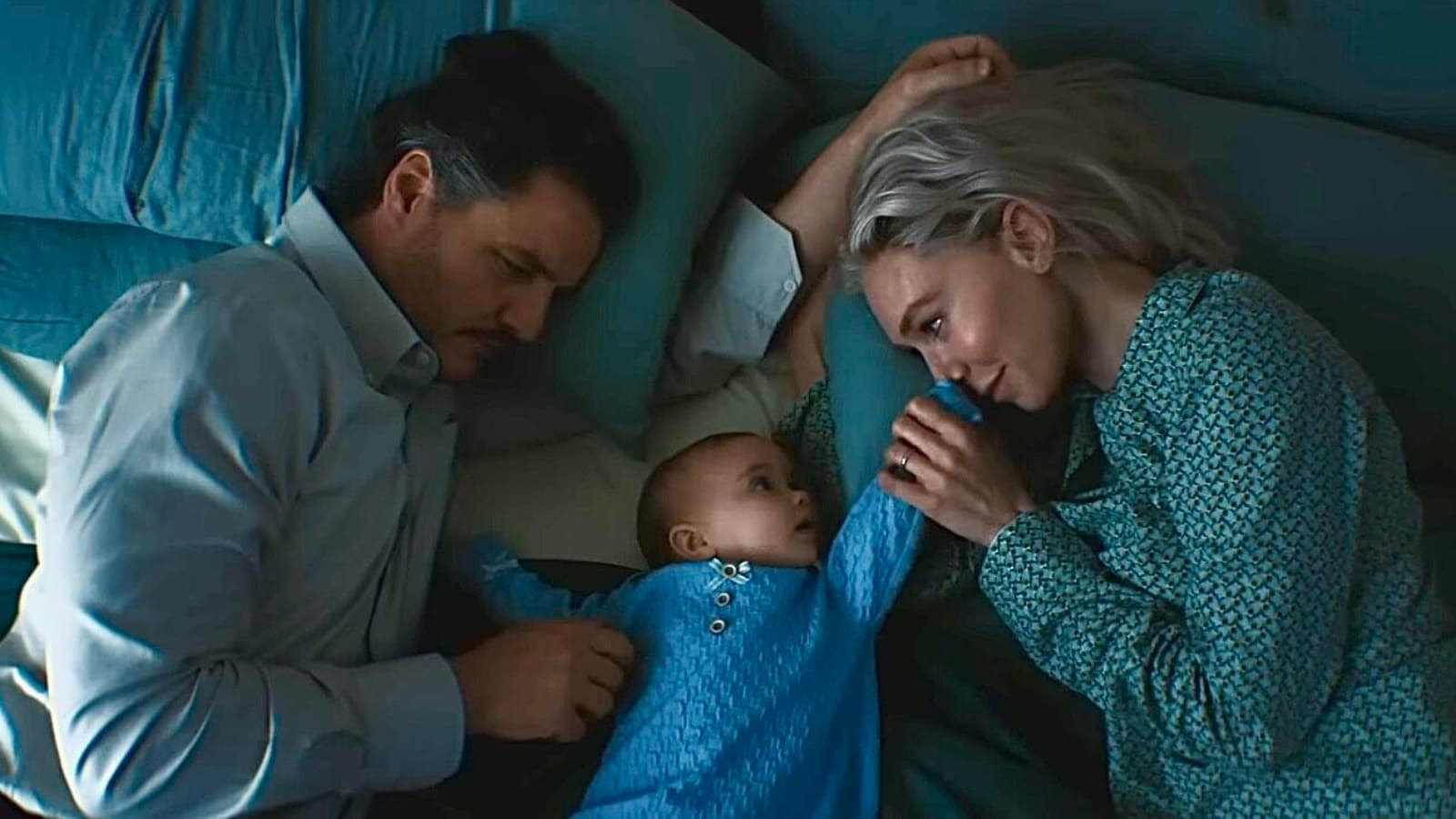Demi Lovato reveals the horrors of being young and famous in 'Child Star'
Child Star, a new documentary on youth celebrity made by Demi Lovato and Nicola Marsh, begins with a confession.
Lovato, one of today's most open and frank celebrities, recalls watching a Shirley Temple movie on television at her great-grandparents' house and deciding her future: "I wanted to be the youngest and the best at what I do."
Emma McIntyre/Getty
That emotion, shared by young actors and young individuals aspiring to work in any field, is the monkey's paw that wraps around Child Star (whose title alludes to the 2001 film Child Star: The Shirley Temple Story). The film eventually provides a forum for a number of actors—some of whom are famed for how fresh-faced they were when they first began out—to express how that phenomena can profoundly affect a person's vision of the world and their role in it.
The majority of the Hulu video, which launches Sept. 17, is made up of rather intimate discussions between Lovato and her subjects, which alone are worth seeing for the fascinating behind-the-scenes insights they provide for series and movies that were formative for a specific generation.
She speaks with Drew Barrymore and Christina Ricci about finding mentors and parental figures through established Hollywood giants such as Steven Spielberg and Cher. Kenan Thompson describes how a dishonest accountant stole nearly all of his Nickelodeon money. Raven, a fellow Disney actress, commiserates with Lovato about their dissociative episodes while working on the studio's productions. Jojo Siwa is frank about the chances she lost after coming out. Chris Columbus, who directed Home Alone and the first two Harry Potter films, gives an insider's look at how young stars are handled once they become famous.
Disney/Victoria Time
Lovato reveals some of the film's most intimate scenes with Alyson Stoner, who costarred with her in Camp Rock (yep, they say "She's really good!"). They remember about "Disney High," the phrase young Disney stars used to mock genuine high school, complete with on-set education programs and romantic drama among all the performers, as well as being open about eating problems and chronic stress.
The video intercuts these conversations, many of which take place in quiet coffee shops or on someone's home couch, to highlight how Hollywood's kid star-ification has intensified. Lovato rose to prominence on the Disney Channel during a period when much of the network's programming focused on films and shows about children becoming famous.
The Cheetah Girls, Hannah Montana, and Lovato's own program about showbiz, Sonny with a Chance, all premiered in the 2000s, providing their young audiences with an aspirational look at what it's like to be a teen star. A recurring topic is the whiplash many of these actors experienced as a result of the industry's continual positive affirmation and the following bullying, isolation, and harassment from peers and fans.
There's even a mention of the rise of youngsters on social media who don't have the same protections as other superstars their age in a location like Hollywood, which is by definition subject to decades of legislation designed to keep young performers from being harmed. (As recently as last year, a law was created that allows young people to sue their parents for the cash they earned as child influencers.) Barrymore puts it plainly when she says that kid stars are first and foremost a "commodity."
Child Star, while cathartic, is never particularly dark, and when it does address more serious issues—eating disorders, drug misuse, self-harm—it does so briefly and without accusing anyone or anything in particular of contributing to them. (After all, Hulu is a Walt Disney Company subsidiary.)
True-crime series Quiet on Set: The Dark Side of Kids TV, which premiered earlier this year, focuses on the allegations of misbehavior levied against Nickelodeon producer Dan Schneider by many of his former child actors. Child Star is not a true crime film and contains no accusatory language, but it does argue that exploitation is inherent, and even expected, in an industry founded on the backs of people who are too young to advocate for themselves.











